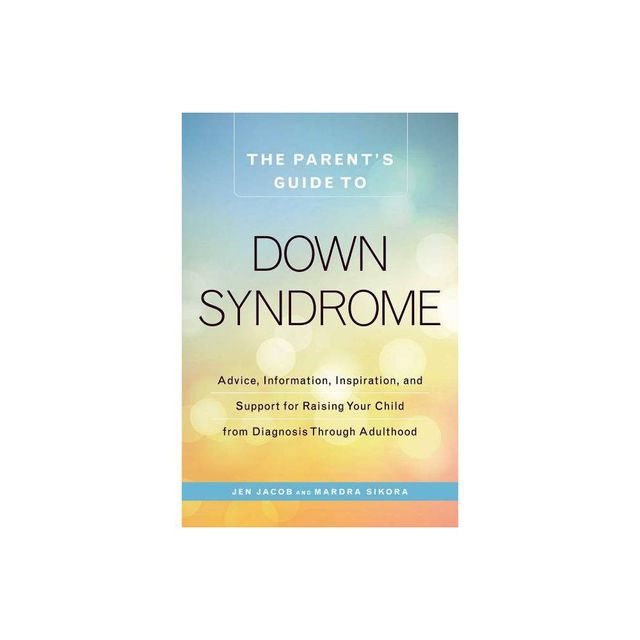Home
Unexpected: Parenting, Prenatal Testing, and Down Syndrome
Loading Inventory...
Barnes and Noble
Unexpected: Parenting, Prenatal Testing, and Down Syndrome
Current price: $89.00


Barnes and Noble
Unexpected: Parenting, Prenatal Testing, and Down Syndrome
Current price: $89.00
Loading Inventory...
Size: Hardcover
*Product Information may vary - to confirm product availability, pricing, and additional information please contact Barnes and Noble
What prenatal tests and down syndrome reveal about our reproductive choices
When Alison Piepmeier—scholar of feminism and disability studies, and mother of Maybelle, an eight-year-old girl with Down syndrome—died of cancer in August 2016, she left behind an important unfinished manuscript about motherhood, prenatal testing, and disability. In
Unexpected
, George Estreich and Rachel Adams pick up where she left off, honoring the important research of their friend and colleague, as well as adding new perspectives to her work.
Based on interviews with parents of children with Down syndrome, as well as women who terminated their pregnancies because their fetus was identified as having the condition,
paints an intimate, nuanced picture of reproductive choice in today’s world. Piepmeier takes us inside her own daughter’s life, showing how Down syndrome is misunderstood, stigmatized, and condemned, particularly in the context of prenatal testing.
At a time when medical technology is rapidly advancing,
provides a much-needed perspective on our complex, and frequently troubling, understanding of Down syndrome.
When Alison Piepmeier—scholar of feminism and disability studies, and mother of Maybelle, an eight-year-old girl with Down syndrome—died of cancer in August 2016, she left behind an important unfinished manuscript about motherhood, prenatal testing, and disability. In
Unexpected
, George Estreich and Rachel Adams pick up where she left off, honoring the important research of their friend and colleague, as well as adding new perspectives to her work.
Based on interviews with parents of children with Down syndrome, as well as women who terminated their pregnancies because their fetus was identified as having the condition,
paints an intimate, nuanced picture of reproductive choice in today’s world. Piepmeier takes us inside her own daughter’s life, showing how Down syndrome is misunderstood, stigmatized, and condemned, particularly in the context of prenatal testing.
At a time when medical technology is rapidly advancing,
provides a much-needed perspective on our complex, and frequently troubling, understanding of Down syndrome.


















